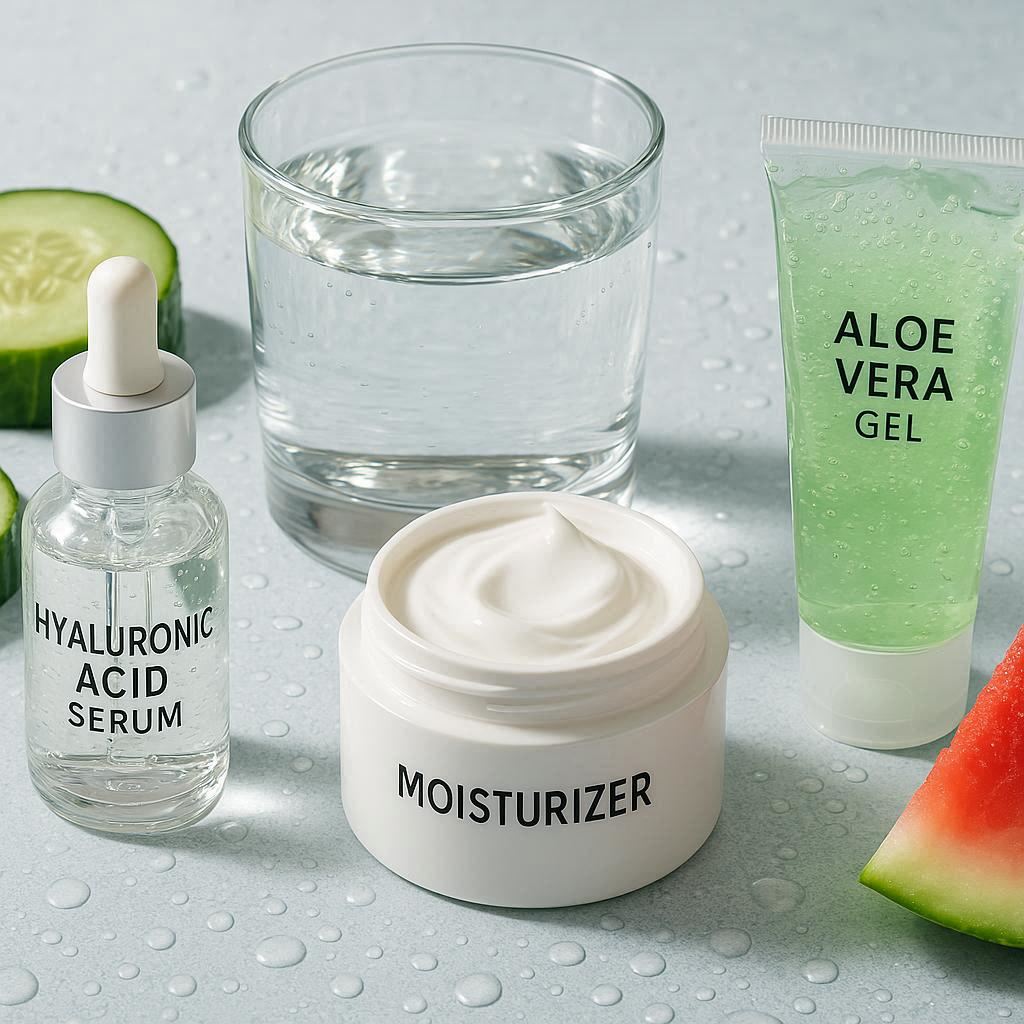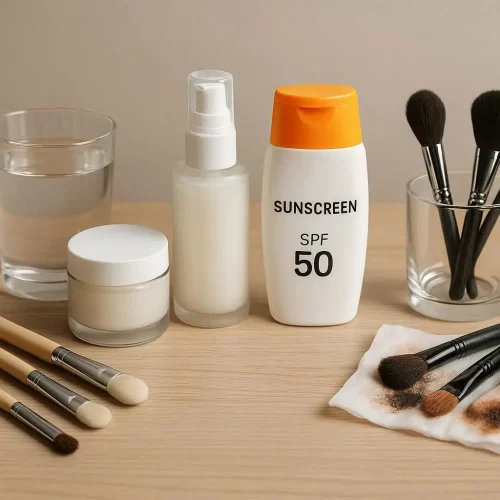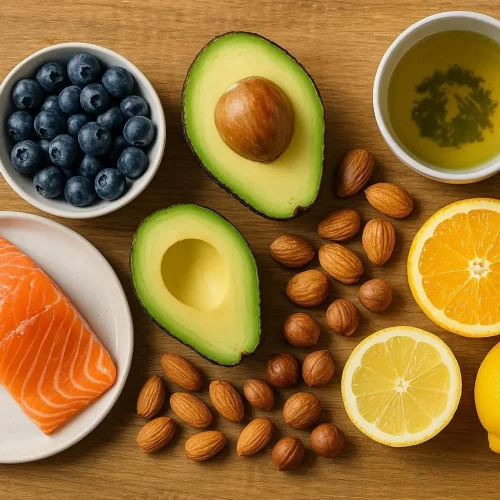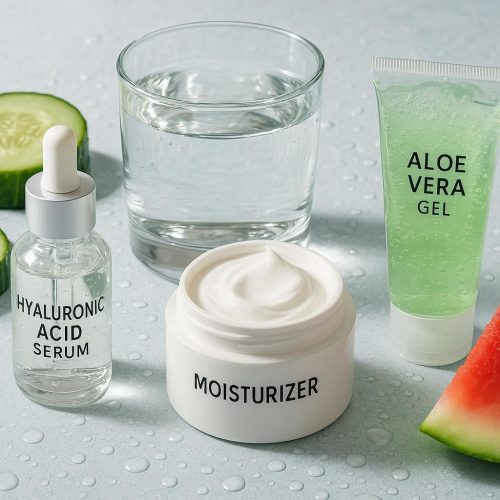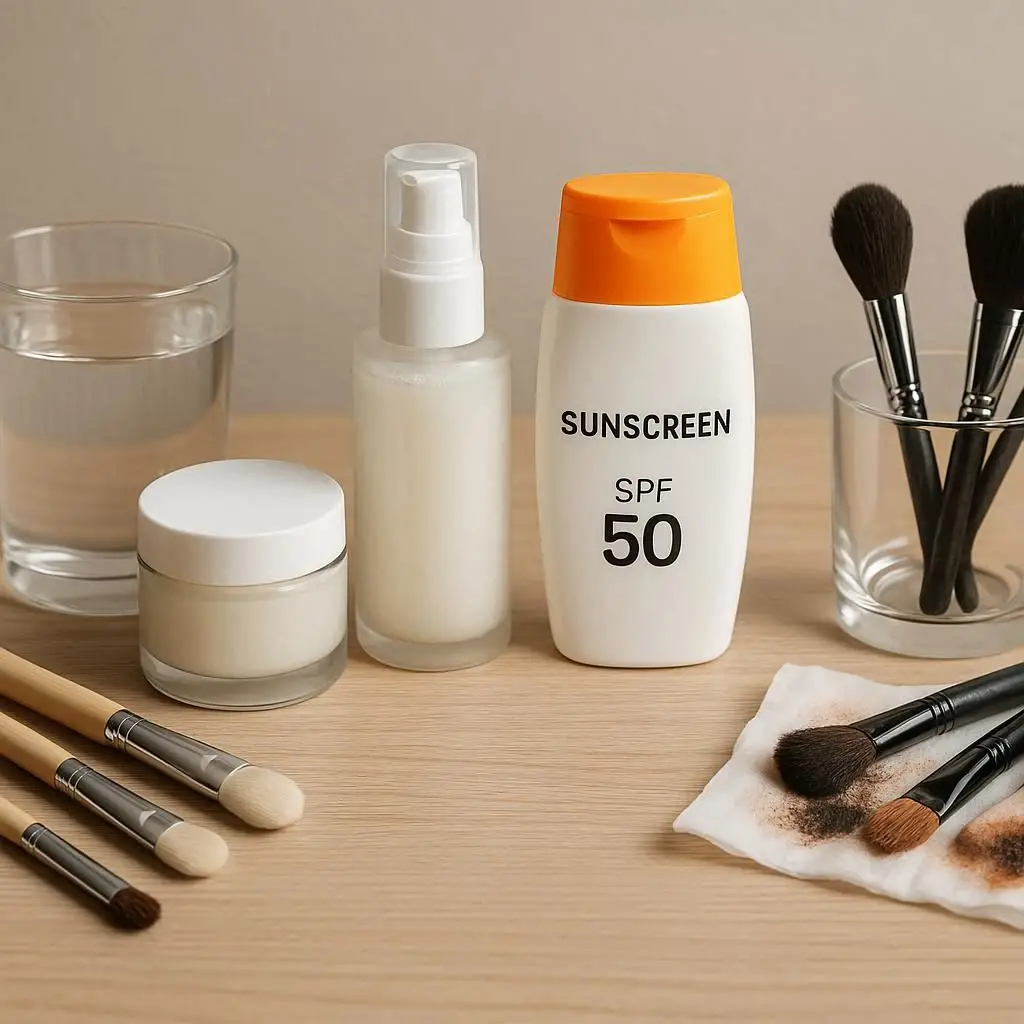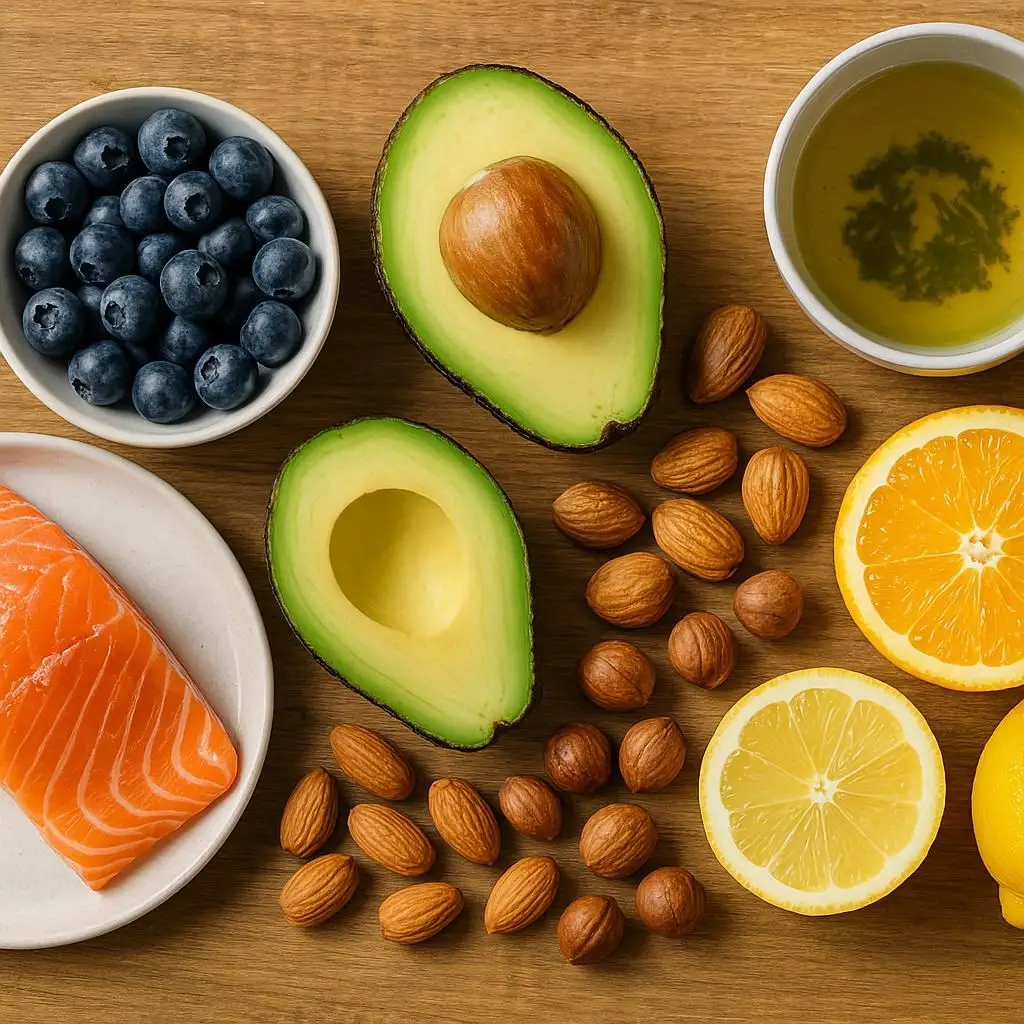When people think of skincare, they often focus on cleansers, serums, or treatments. But one of the most crucial factors for glowing, healthy skin is hydration. Well-hydrated skin looks plump, radiant, and youthful, while dehydrated skin can appear dull, tight, and more prone to fine lines.
Hydration isn’t just about drinking water — it’s also about how you care for your skin from the outside. Here’s why hydration matters and how to keep your skin moisturized.
1. Why Skin Needs Hydration
The skin is made up of cells that require water to function properly. Without enough hydration:
- The skin barrier weakens, leading to irritation and sensitivity.
- Fine lines and wrinkles appear more noticeable.
- Dry patches, flakiness, or excess oil can develop as skin tries to compensate.
2. Hydration vs. Moisturization
These two terms are often confused, but they mean different things.
- Hydration = Adding water to the skin. Ingredients like hyaluronic acid help with this.
- Moisturization = Sealing water into the skin with oils or occlusives (like shea butter).
Healthy skin needs both hydration and moisturization.
3. Key Ingredients That Boost Hydration
- Hyaluronic acid: Attracts and holds water in the skin.
- Glycerin: A humectant that draws moisture from the air.
- Aloe vera: Hydrates and soothes at the same time.
- Panthenol (Vitamin B5): Strengthens the skin barrier while hydrating.
4. Daily Habits for Hydrated Skin
- Drink enough water throughout the day.
- Use a hydrating serum or essence before moisturizer.
- Apply moisturizer while skin is slightly damp to lock in hydration.
- Avoid overwashing, which strips natural oils.
5. The Role of Diet in Skin Hydration
Hydration doesn’t only come from topical products — your diet plays a role too.
- Eat foods rich in omega-3 fatty acids (salmon, chia seeds, walnuts).
- Include water-rich fruits and vegetables (cucumber, watermelon, oranges).
- Limit excess caffeine and alcohol, which can dehydrate the body.
6. Hydration for Different Skin Types
- Oily skin: Still needs hydration — opt for lightweight, water-based products.
- Dry skin: Benefits from layering hydrating serums and rich moisturizers.
- Sensitive skin: Needs calming hydration from ingredients like oat extract or aloe.
- Combination skin: Hydrate everywhere, then adjust moisturizer thickness by zone.
7. Environmental Factors That Affect Hydration
- Cold weather and low humidity can strip skin of moisture.
- Air conditioning and heating dry out the skin.
- Long, hot showers remove natural oils.
- Pollution weakens the skin barrier, making it lose water more quickly.
Final Thoughts: Hydration Is the Foundation of Healthy Skin
No matter your skin type, hydration is essential. A well-hydrated skin barrier protects against irritation, slows down signs of aging, and gives you that natural, radiant glow.
By combining water intake, hydrating skincare products, and protective habits, you’ll create the perfect foundation for long-term skin health.

